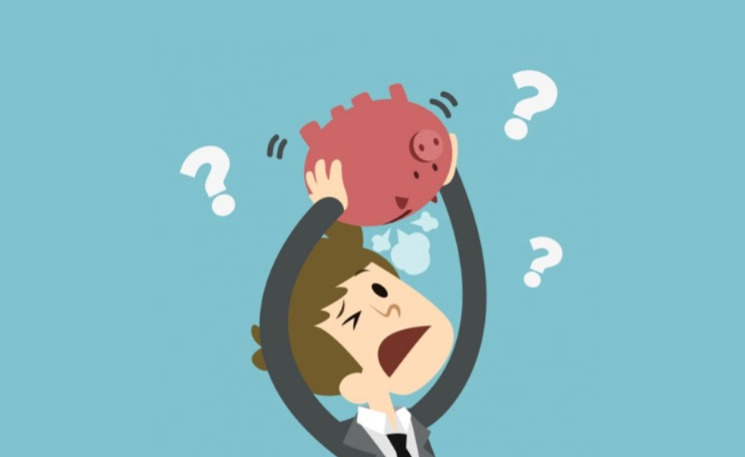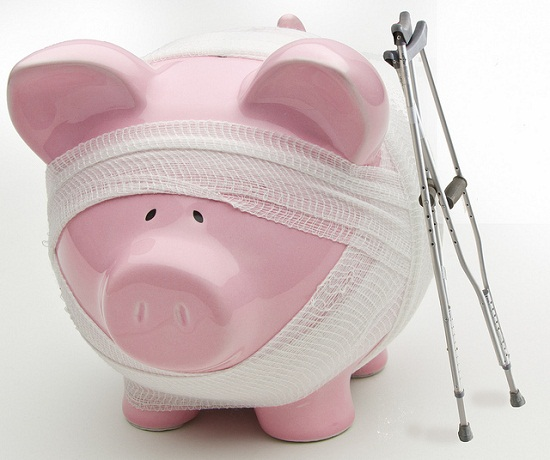
Changing habits is fundamental to improve our personal finances. Many times, financial problems stem from unhealthy spending patterns that we have adopted without realizing it. Awareness of our financial habits is the first step toward positive change. Performing a detailed analysis of our income and expenses will allow us to identify areas where we can cut back and optimize.
Establishing a budget is an essential tool in this process. A well-structured budget helps us plan our monthly expenses, prioritizing needs over wants. By following a budget, we can avoid impulse purchases and allocate a percentage of our income to savings. This not only improves our financial health, but also reduces money-related stress.

In addition, it is important to cultivate savings habits. Small, regular contributions to a savings account can make a big difference in the long run. Implementing the “pay yourself first” rule is an effective strategy; it consists of setting aside a portion of our income for savings before covering any other expenses. This helps us form a financial cushion that can be useful in case of emergencies.
Another crucial aspect is financial education. Investing time in learning about personal finance, investments and long-term planning empowers us to make informed decisions. There are numerous resources, such as books, online courses and apps, that can help us improve our knowledge and skills in this area.

It is important to be patient and persistent in implementing these changes. Improving our finances is not an overnight process; it takes time and dedication. Celebrating each small accomplishment will motivate us to keep moving forward and stay focused on our long-term financial goals. With determination and a positive mindset, it is possible to transform our habits and achieve greater financial stability.







